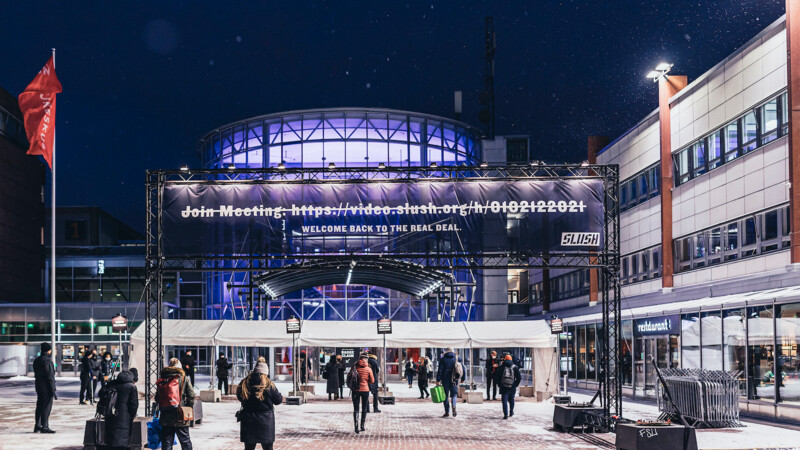Quantum computers surpass conventional computers many times over thanks to quantum bits that can be 0 and 1 at the same time. That gives quantum computers "enormous potential" to tackle problems that are unsolvable for ordinary computers, said Prof. Dr. Klaus Sengstock, of the Institute of Laser Physics. "They promise to solve important problems in logistics and developing medicines. They are a key technology of the 21st century." Prof. Dr. Henning Moritz, Group Leader at the Institute of Laser Physics, said: "We want to use the funds to test how shipping routes or supply chains can be improved and made more sustainable so that energy is saved and thus contribute to climate protection."
The German government has earmarked EUR 10 million in funds for the University of Hamburg's research into quantum technology as part of the five-year RYMAX project, a press release said Friday (December 3, 2021). The funds will allow the university to conduct further research into a quantum computer for new technologies in health, digitalisation and climate change, the university said. The Centre for Optical Quantum Technologies (ZOQ), part of the University of Hamburg's Department of Physics, makes the city one of the few places in the world that can build a next-generation quantum computer.
Quantum computing to combat climate change
University to pioneer technology
The researchers aim to develop a functional quantum optimiser based on so-called Rydberg atoms in the race to build a quantum computer. "Hamburg has the chance to play in the 'Champions League' of quantum physics and quantum technology. We want to expand transfer projects and drive forward innovative developments with science and industry," said Katharina Fegebank, Senator for Science and Research. The project involves the University of Hamburg as well as research institutions and companies including the Otto Group and Hamburger Hafen und Logistik AG (HHLA) and runs until the end of 2026. The German Ministry of Education and Research (BMBF) and the Association of German Engineers are providing the total funds of EUR 25 million. The BMBF and the German Ministry of Economics and Technology will have more than EUR 1 billion at their disposal for research into quantum technologies and quantum computing over the next years.
tn/sb/pb
Sources and further information
More
Similar articles

Hamburg now banking on quantum computing

Digital Hamburg Summit highlights EU-China relations post pandemic

Four Hamburg-based start-ups presented at Slush 2021
